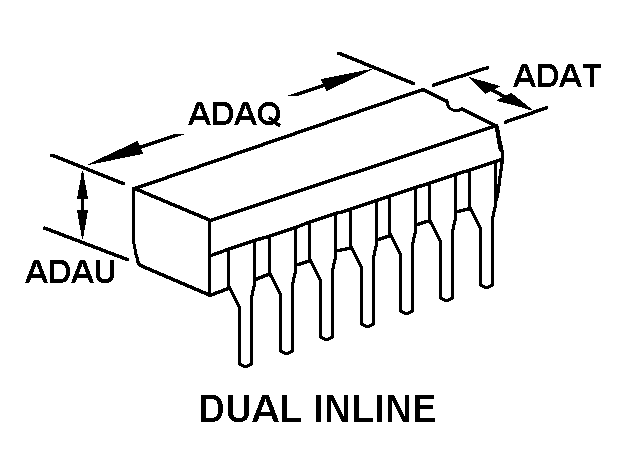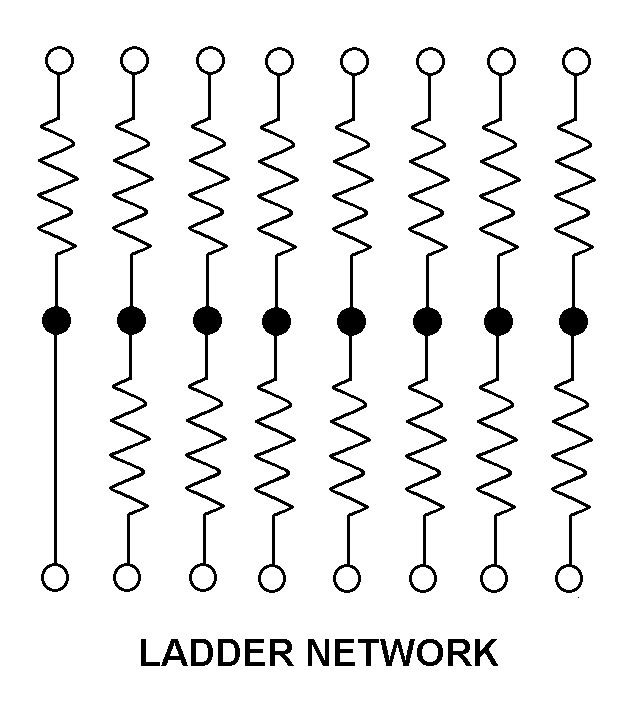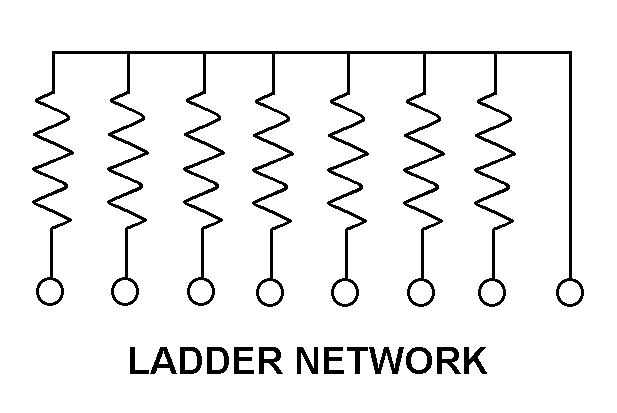5905012568055
Price Quote Get an up to date pricing and availability quote for this product. Order online or over the phone.
Quality Commitment
Serving our customers with quality and safety first.
- AS9120 Certified
- Audited supply chain
- ITAR Registered
- DDTC Registered
- HAZMAT Certified
- Customer service objectives
- Every product 100% inspected

5905-01-256-8055 Specification Set by the OEM (see RNCC code 3)
-100.0/+100.0
1.000 megohms
-2.000/+2.000
70.0
125.0
-55.0/+125.0
encapsulated
16
tab, solder lug
not established
0.164in.
0.880in.
0.250in.
0.125in.
ladder network
1.800 total network
15 each resistor
dual inline
Cross Reference Parts Part numbers that meet the specification outlined on this page and set by the OEM
Identification Item Identification Guide (IIG) and Item Name Code (INC)



Definition Definition of approved item name (AIN): "RESISTOR NETWORK,FIXED,FILM"
An arrangement of multiple fixed resistive elements or discrete resistors permanently encased, encapsulated, or potted together, to form an inseparable unit. The resistive elements, consisting of a thin layer of conductive material deposited on or fused to an insulating base, usually are electrically connected to each other and may be arranged in any circuit configuration. Excludes resistor, fixed (as modified); resistor assembly; resistor network, fixed-variable; and resistor set, matched.
5905-01-256-8055 Material Hazmat, Precious Metals, Criticality, Enviroment, and ESD
Indicates there is no data in the hmirs and the nsn is in a fsc not generally suspected of containing hazardous materials.
Precious metal content is unknown
The item does not have a nuclear hardened feature or any other critical feature such as tolerance, fit restriction or application.
Identification Codes
HMIC: Hazardous Material Indicator Code. A one position code that identifies a hazardous item.
PMIC: Precious Metal Indicator Code. A one position code which identifies items that have precious metals as part of their content. precious metals are those metals generally considered to be uncommon, highly valuable, and relatively superior in certain properties such as resistance to corrosion and electrical conductivity.
ESD: Electrostatic Discharge. Indicates if an item is susceptible to electrostatic discharge or electromagnetic interference damage. electrostatic discharge damage occurs when an accumulation of static electricity generated by the relative motion or separation of materials is released to another item by direct contact. electromagnetic interference damage occurs when an item comes into proximity with an electrostatic or magnetic field.
ENAC: Enviromental Attribute Code. Identifies items with environmentally preferred characteristics.
CRITL: Criticality Indicator Code. Indicates an item is technically critical by tolerance, fit, application, nuclear hardness properties, or other characteristics.






